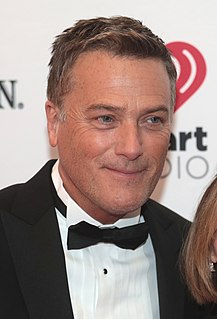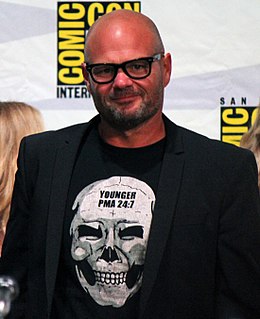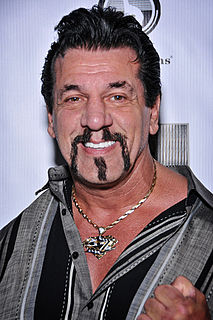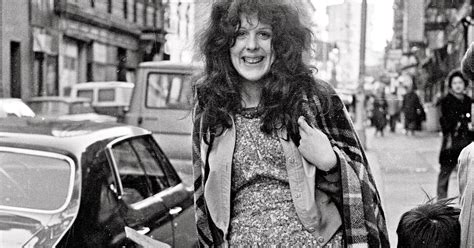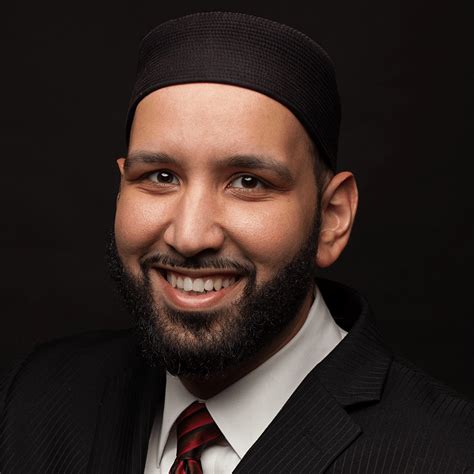A Quote by John Marsden
Don't treat people as you think they are, treat them as you think they are capable of becoming.
Related Quotes
Man treats woman as his own property and not as being capable of feelings, like himself. The way man treats women is much worse than the way landlords treat servants and the high-caste treat the low-caste. These treat them so demeaningly only in situations mutually affecting them; but men treat cruelly and as slaves, from their birth till death.
I've always felt like we're all human beings and we're all basically given the tools to make whatever choices we want to make. How we treat other people. How we treat ourselves. Just the whole philosophy of that and the philosophical logic of that is that we're all capable of great acts of evil, and we're all capable of great acts of good.
The way we treat people we think can't help or hurt us - like housekeepers, waiters, and secretaries - tells more about our character than how we treat people we think are important. How we behave when we think no one is looking or when we don't think we will get caught more accurately portrays our character than what we say or do in service of our reputations.
Your whole being is involved in taking care of someone else, worrying about what they think of you, how they treat you, how you can make them treat you better. Right now everyone in the world seems to think that they are codependent and that they come from dysfunctional families. They call it codependency. I call it the human condition.
I think, in terms of corporate philosophy, I've always believed that you've got to treat people in a very very egalitarian manner in the sense I like to treat people on a one-to-one basis. And I like people to take on a lot of responsibilities because I think with a sense of responsibility also comes a sense of purpose.




